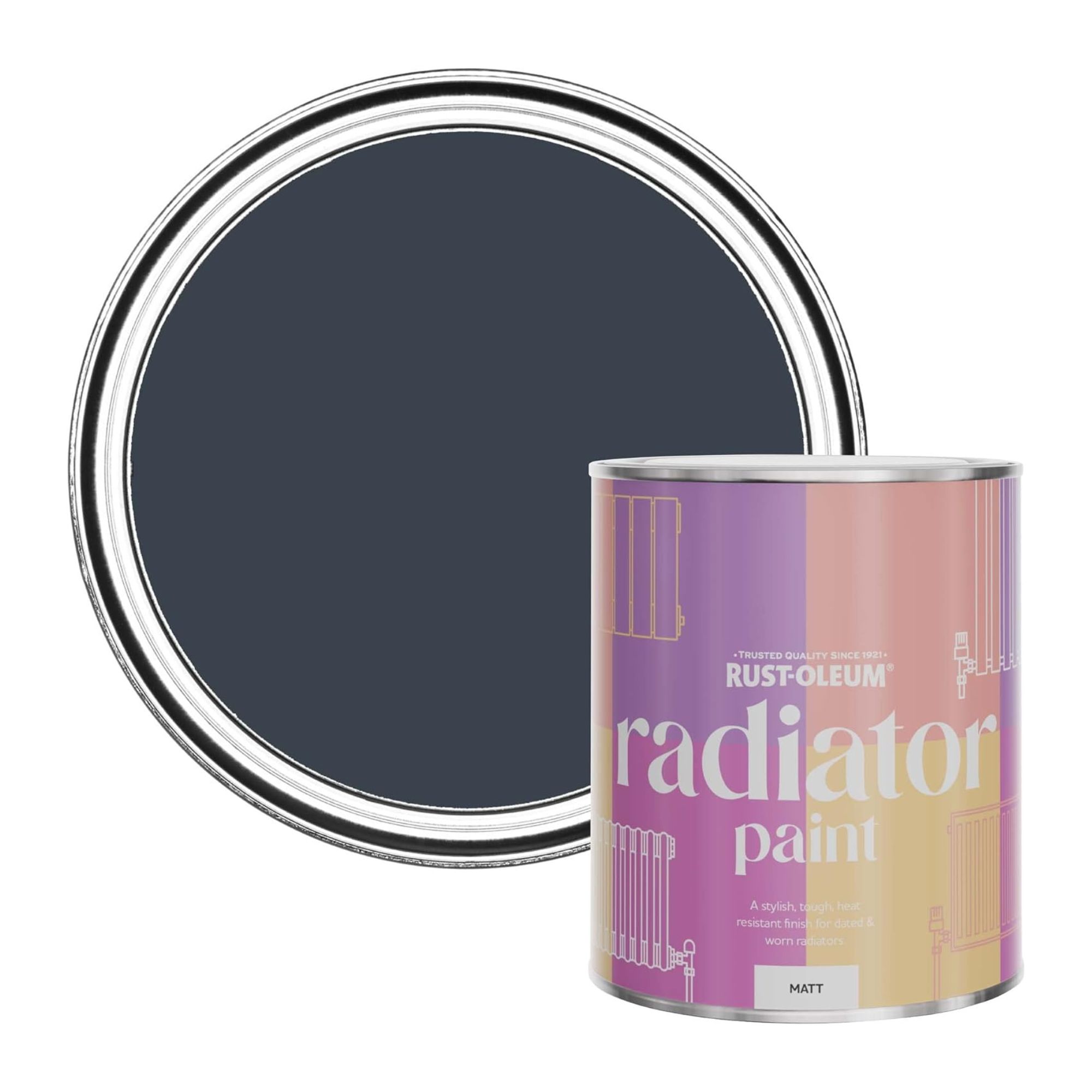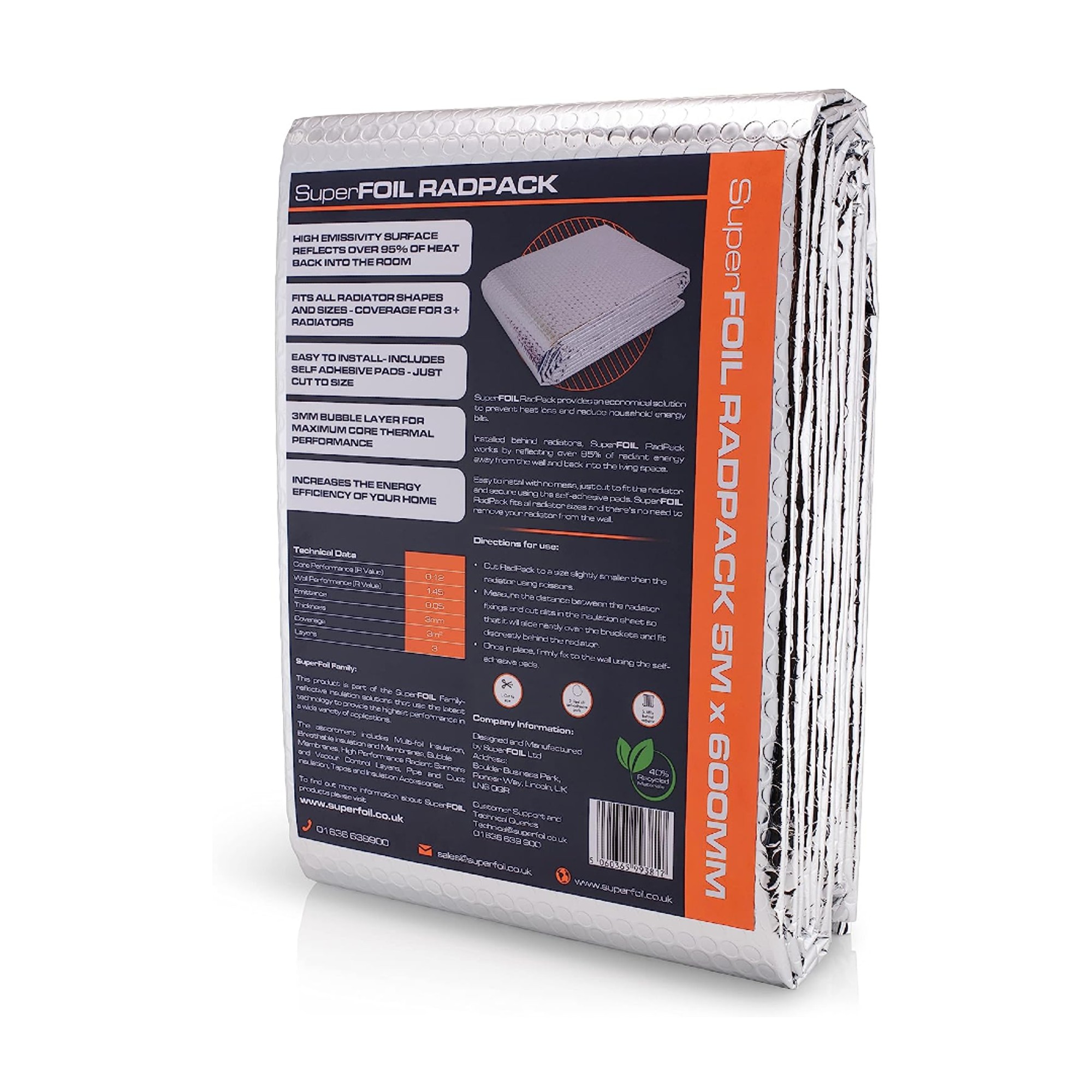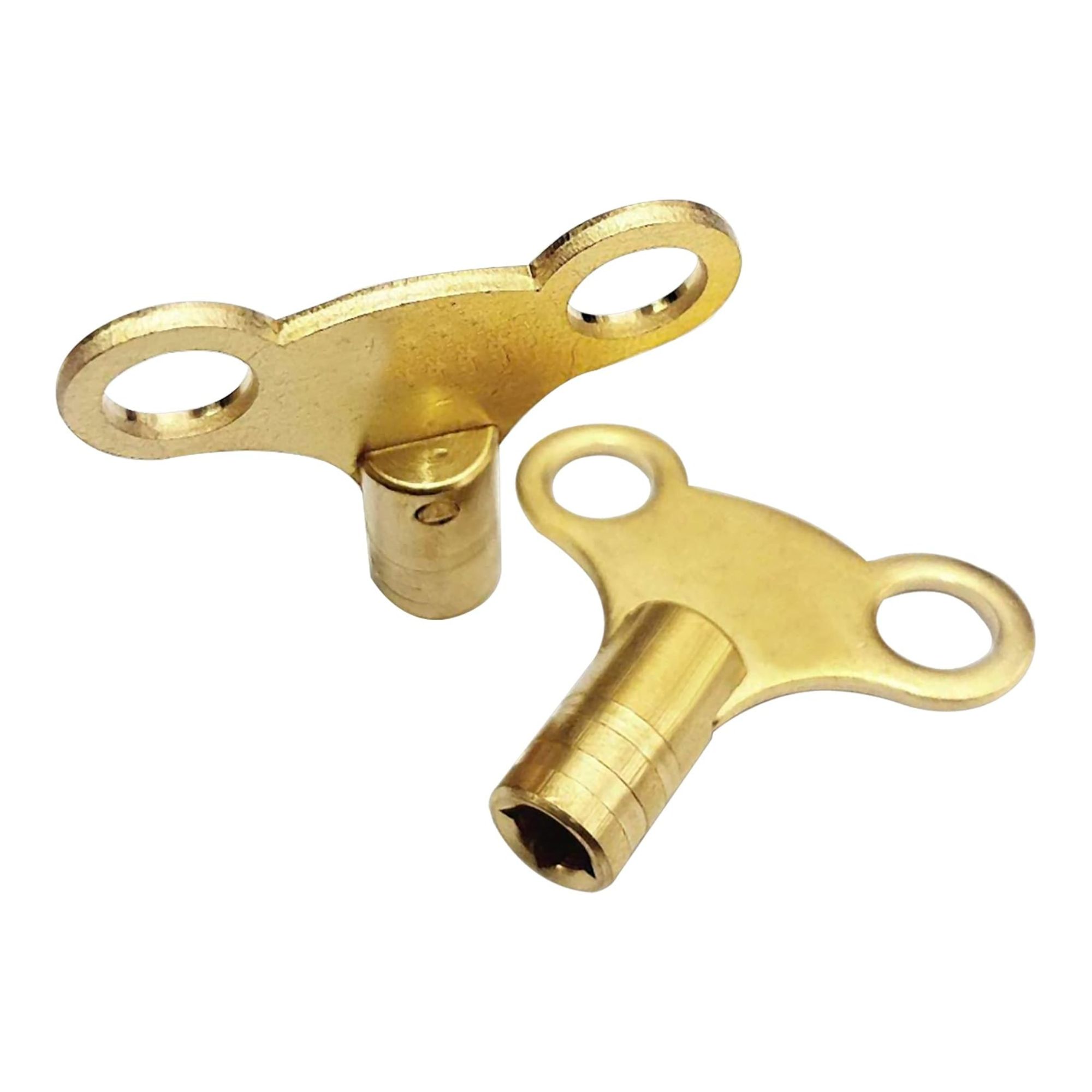Can painting radiators black reduce your energy bills? We asked the experts, and they have good news and bad news
Will a coat of paint be your secret weapon this winter?

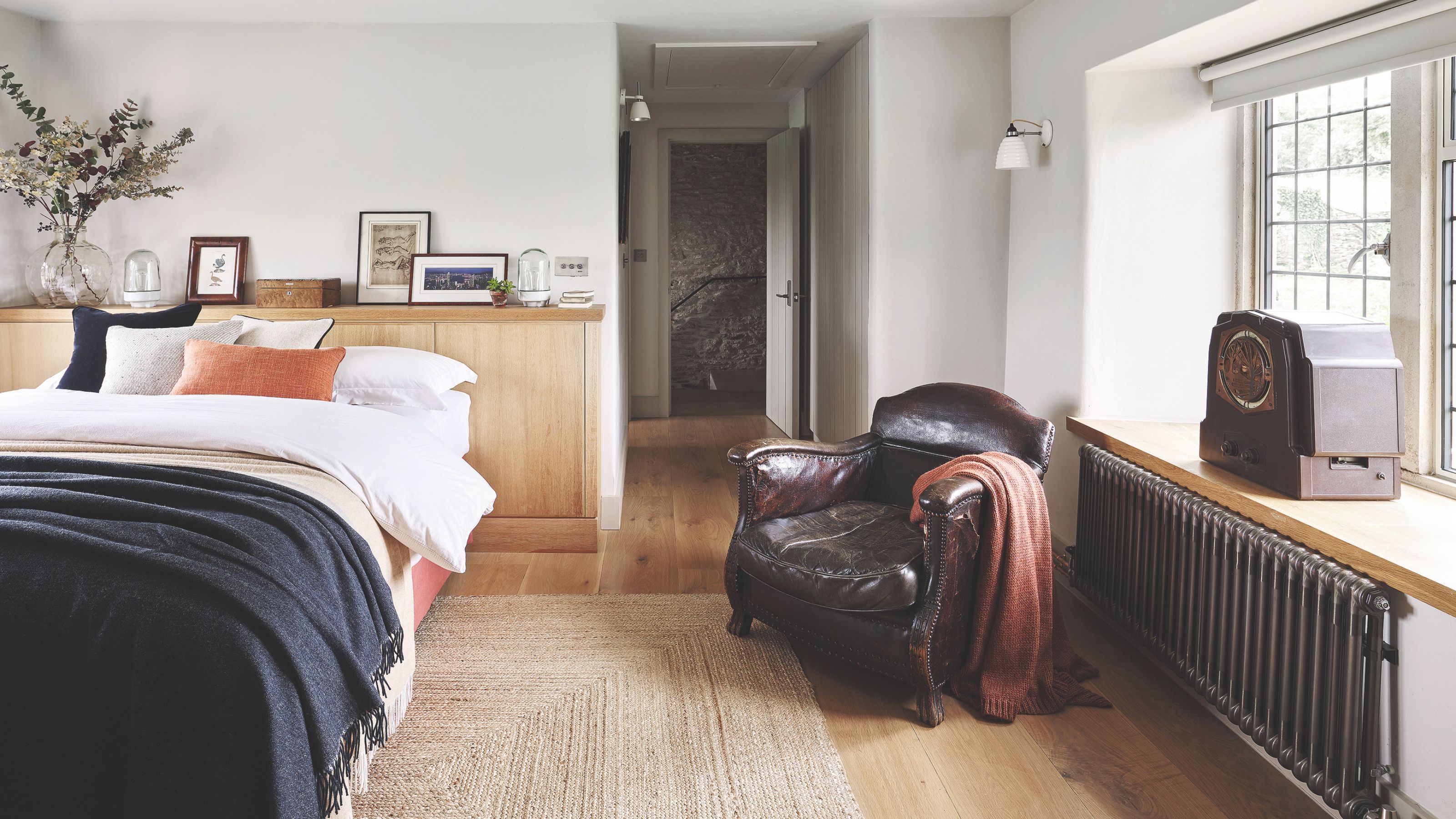
If you were to whittle down a list of colours to paint your radiators, there’s a high chance that black would be the last colour on your list. However, the current debate on social media suggests that black radiators could have a hidden energy-saving perk. So, does painting your radiators black reduce energy bills? Or is it just a myth?
Of course, for most people, radiators are just a means to an end to keep a house warm in winter. Because of this, they focus less on the aesthetics of their radiators and more on their upkeep and maintenance. But one thing we have noticed in recent years is a growing trend of people painting radiators to fit their colour schemes and home decor. Now, they seem to be painting theirs black for another reason, too.
In an effort to save energy and reduce energy bills, energy-conscious homeowners are painting their radiators black based on the theory that it will improve the efficiency of radiators and help transfer heat more effectively throughout the room. But does painting your radiators black reduce energy bills… really? We asked the experts.
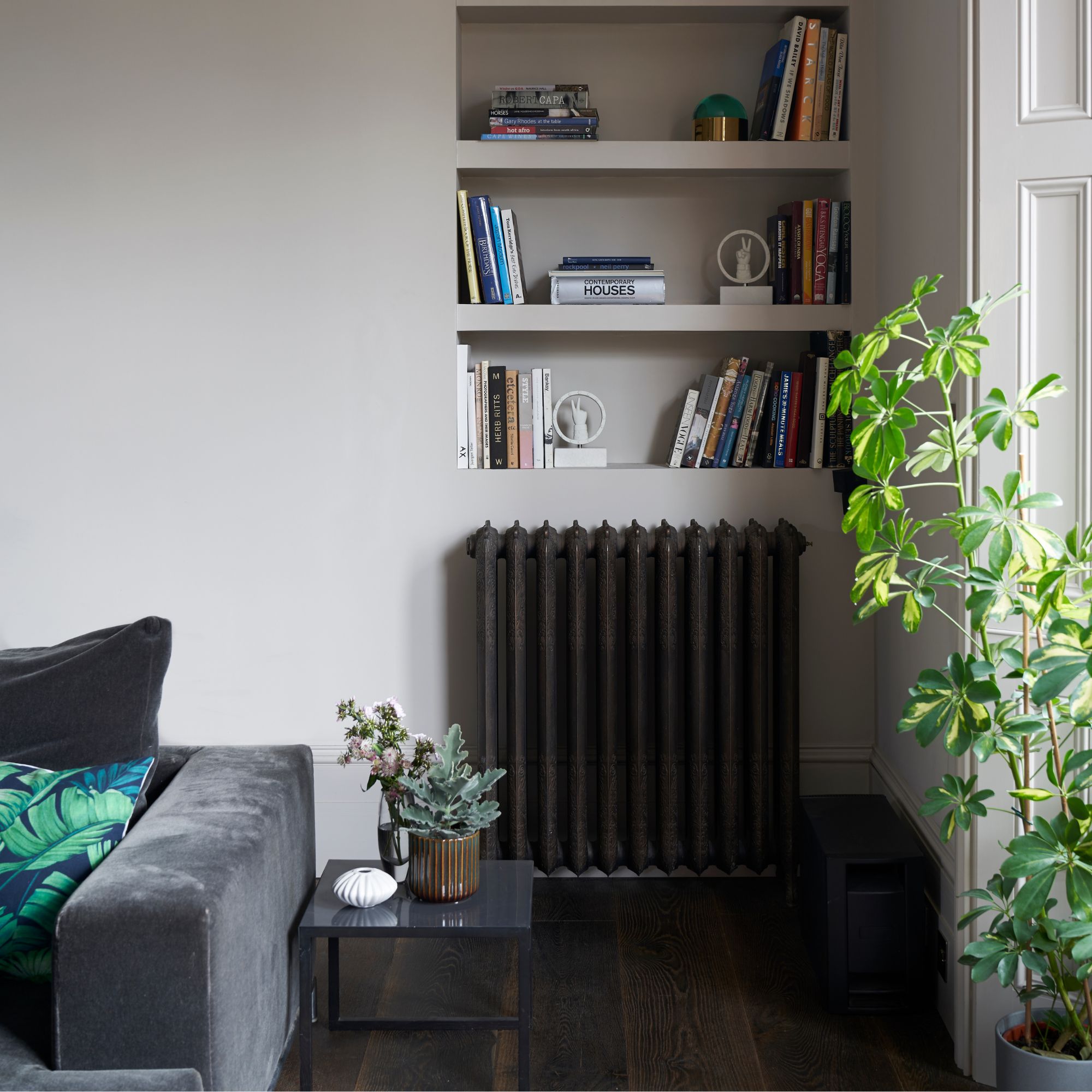
You know what they say; there’s no smoke without fire, and the theory that black radiators can improve the efficiency of your radiators isn’t entirely false. You might want to read on before buying a whole tin of black paint, though.
As Les Roberts, an energy expert at Bionic explains, ‘Painting radiators black can have a small effect on heat emission, but it's unlikely to make a noticeable difference on your energy bills. Black surfaces are better at absorbing and emitting heat than lighter colours, such as traditionally white radiators, as darker colours absorb more surrounding light and infrared energy.’
He adds, ‘This means a black radiator can technically emit slightly more heat than a white one and may be marginally better than a white or light-coloured radiator.’
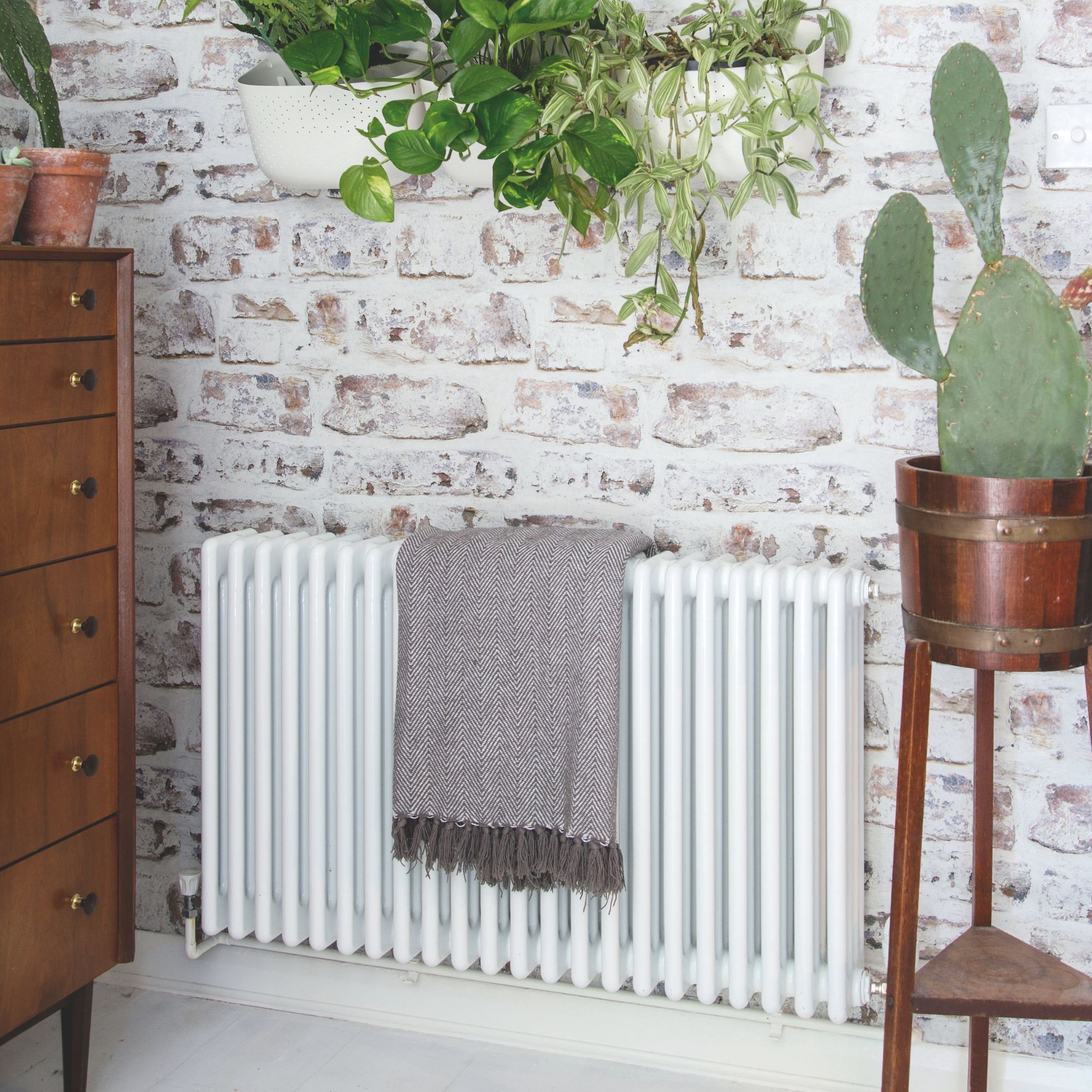
So, there are both positives and negatives to this theory - but it’s also important to note that this energy-saving hack would also be impacted by various other factors, including how draught-proof your home is, the efficiency of your home heating system as a whole, and whether your radiators are in full working order. Of course, the way that radiators work also seems to push back against this hack.
Sign up to our newsletter for style inspiration, real homes, project and garden advice and shopping know-how
As Les explains, ‘Energy savings would be small if you were to paint your radiators black as they mainly heat rooms by warming the air around them, not by emitting heat directly. The air circulates through the room to spread warmth, and the colour of the radiator doesn't impact this much. While black radiators may give off slightly more heat, most heating comes from air movement, where the colour won’t make much difference.’
The experts at Confused.com Energy, also weighed in on this energy saving hack, stating that the savings made by painting radiators black would be ‘unlikely to cover the cost of the paint.’
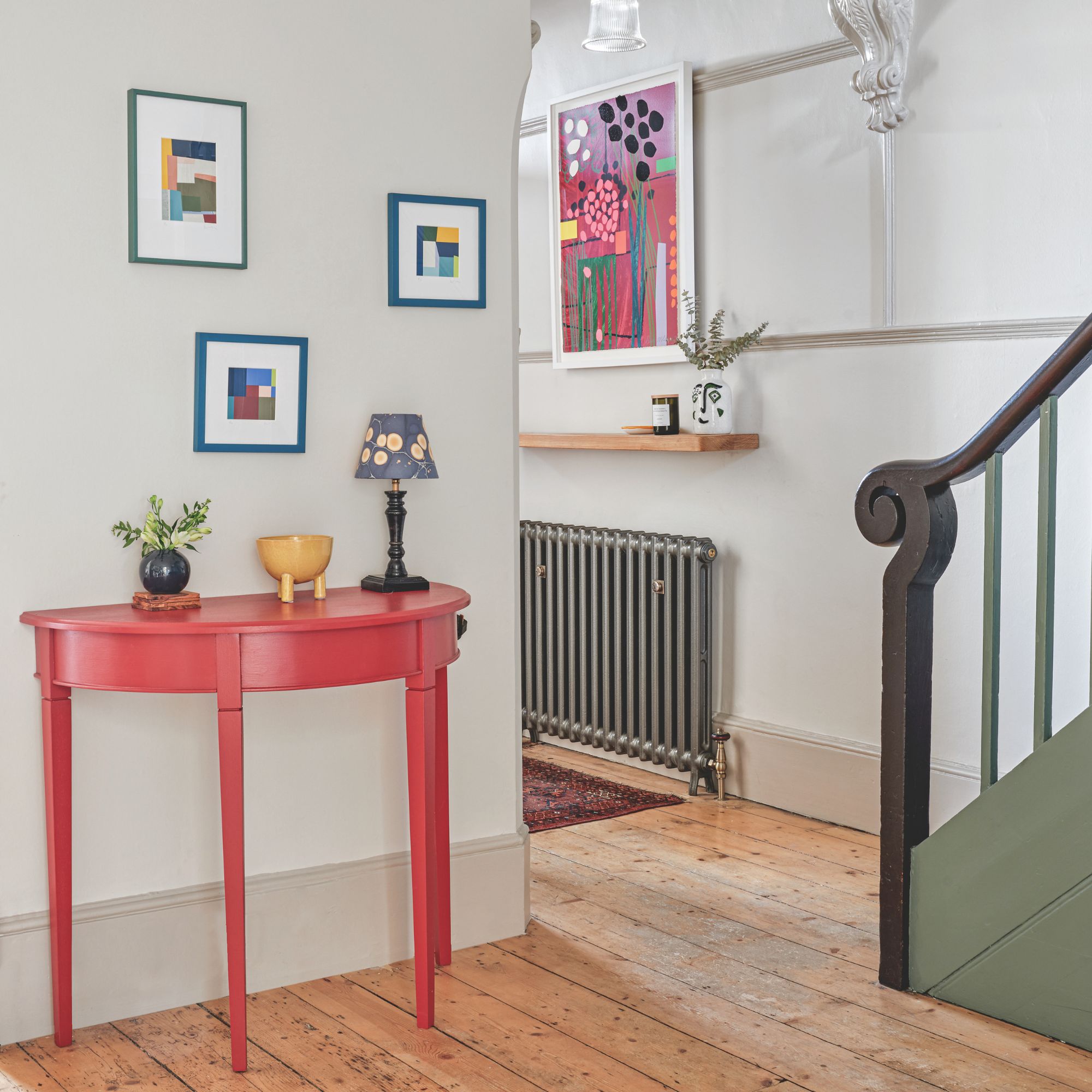
But while painting your traditional radiators black won’t save you a fortune, there’s certainly no harm in trying it out - especially if you love this dark and moody aesthetic. Unfortunately, the same can’t be said if you have electric radiators or one of the best electric heaters. In fact, Stephen Hankinson, energy efficiency expert at Electric Radiators Direct, explains that getting brush-happy on your electric radiators and heaters poses a serious risk.
He says, ‘Paint can affect the radiator’s ability to efficiently radiate heat, and with electric models, the risk is even greater. Not only can a poorly chosen paint reduce efficiency, but it can also seep into the electronic controls, potentially damaging the thermostat or programmer. Additionally, it’s likely that your radiators will not be covered by the manufacturer’s warranty if you paint them.’
So, it’s best to keep the painting of radiators reserved for traditional radiators that could potentially benefit from a lick of paint. Just be warned that some experts would advise against this DIY job.
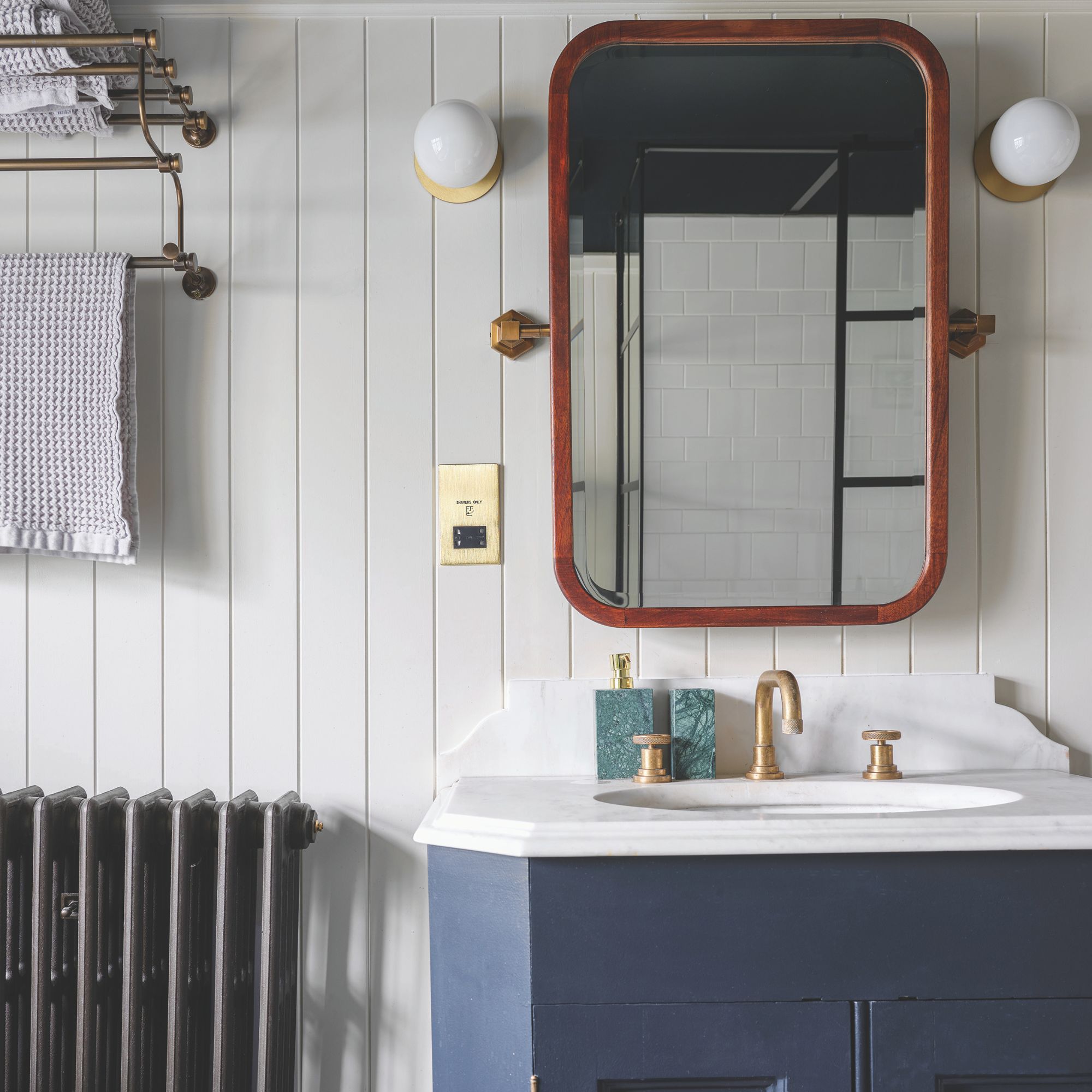
Nicholas Auckland, heating expert at Trade Radiators, suggests, ‘Instead of painting it black, I recommend really focusing on real methods to save money on your energy bills. This includes ensuring that your radiators and boiler are working efficiently by booking a service before the cold weather really sets in. You should also make sure to bleed your radiators regularly, and you can turn your heating thermostat down by as little as 1°C.’
Andy Kerr, founder of BOXT adds, ‘Additionally, consider placing reflective panels behind the radiators that sit on external walls to prevent heat loss through the wall and to redirect heat back into the room.’
FAQs
Is it better to paint a radiator with a brush or roller?
Although you can use either a brush or a roller to paint a radiator, it’s easier to use a brush so you can get into the grooves and corners of the radiator. This will ultimately leave you with an even and flawless coverage.
However, having a roller on hand might be handy when painting the larger, flatter areas of the radiator. In the end, you need to choose the tools that work best for you and your radiators.
Do you need to prime a radiator before painting?
Yes, it’s always a good idea to prime a radiator before painting. This will cover any lumps, bumps, or even rust on your radiator and provide a high-quality base for the paint colour of your choice to stick to.
Additionally, priming a radiator before painting will also help the paint job last longer, so you won’t have to paint it again in a hurry.
You don’t have to worry about priming if you’re painting over a radiator that’s already been painted, though. Just make sure that you sand it down slightly to give the next coat its best chance of success.
So, will you be painting your radiator black this winter?

Lauren Bradbury has been the Content Editor for the House Manual section since January 2025 but worked with the team as a freelancer for a year and a half before that. She graduated with a Bachelor’s degree in English and Creative Writing from the University of Chichester in 2016. Then, she dipped her toe into the world of content writing, primarily focusing on home content. After years of agency work, she decided to take the plunge and become a full-time freelancer for online publications, including Real Homes and Ideal Home, before taking on this permanent role. Now, she spends her days searching for the best decluttering and cleaning hacks and creating handy how-to guides for homeowners and renters alike, as well as testing vacuums as part of her role as the Ideal Home Certified Expert in Training on Vacuums, having spent over 110 hours testing different vacuum models to date!
